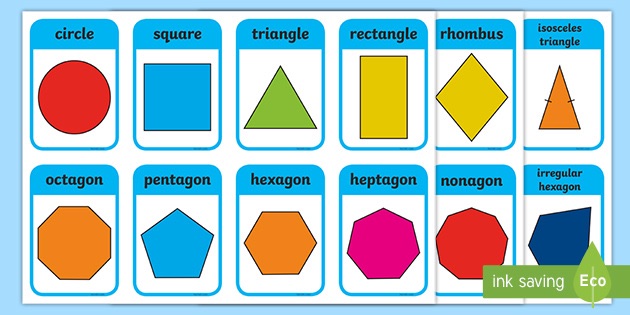I began this morning with the headline “How Kamala Harris Burned Through $1.5 Billion in 15 Weeks”, on NYT.
It was an interesting head to a week of what was for me listening to, understanding, and better reckoning the world after Donald Trump was elected 47th President of the United States, and the first of many headlines I’d seen about this on New York Times.
Some might view this as evidence that the media is cleaving towards the Trump administration as the chickens fall in line and loyalty becomes a Sine Qua Non in the era of an evil empire – but I think a little differently, because I feel like it’s teaching me something about reality.
Look in the comments, and you will see how people have responded – people saying that the presidency is “deeply unserious”, highlighting any number of things that they disagree with even as they say that NYT’s “focus” is wrong, that Kamala “tried to save democracy”, and everything in between.
If I really think about it, all of these seem about as valid as saying that Trump is secretly a genetically modified orange with a toupee made of cheese.
The entire idea of NYT is that it’s one of the most respected voices in journalism, that alongside publications like the Washington Post, it defines the Overton Window – the space of ideas that are acceptable to the public at any given point of time.
To the extent therefore that NYT’s function is valid for this purpose, I’m more likely to say that these critics are the ones who don’t make sense – That the calls against that validity are the true measure of what doesn’t make sense.
I’ve often heard this idea that in fact a Trump presidency might be a situation where the inmates are running the asylum, but upon further inspection, I’m no longer so sure; it would have been easier perhaps a year, two years, three years ago to look at what’s happening in America and say that truly, the Democratic party was the asylum keeper and that all that was logical and rational should have been filtered through a Kamala, an Obama, or otherwise… But looking into the article, the discourses, and the revelations about the practices of the Democratic Party have made me start to think otherwise.
Now, there’s definitely a possibility that I’m the wrongheaded one here – a victim of a polarized world view facilitated by mammoth social media algorithms designed to manipulate me, bringing me into a world of right-leaning politics, podcasts, and ideas that I should have regarded as anathema before I had even moved forward – but the things in my mind and heart tell me that I actually went a little bit closer towards the truth in the course of my search.
In understanding this election, the events surrounding it, and how to view the world, I looked for many different things, saw many different things, and came to understand the world much better than I think I otherwise would have…
And what I understand now is that there is reason to fear the leadership of a woman who can spend $1.5 billion with impunity, to look suspiciously upon a woke mob that regards legitimate media as illegitimate the moment its lenses are applied upon them, and to not surrender my perception of what the authority is and ultimately should be to a particular party simply because they’ve seemed more reasonable to me.

